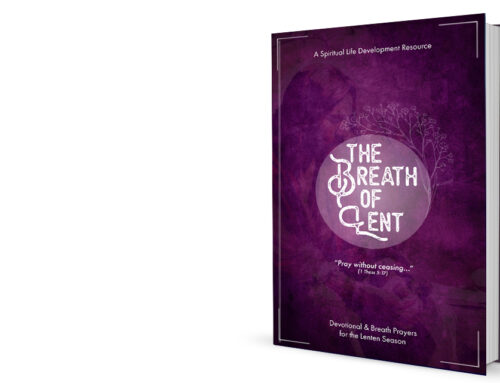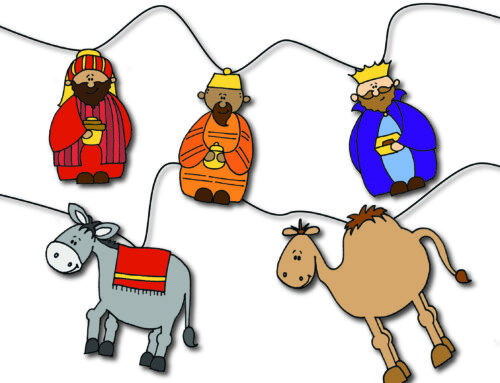 Catherine Booth’s
Catherine Booth’s
“Female Ministry; or, Women’s Right to Preach the Gospel,”
in Paper on Practical Religion, the fourth edition, (pp. 133-167).
London: International Headquarters, 1891.
As the co-founder of The Salvation Army with her husband William Booth (1829-1912), Catherine Booth (1829- 1890) sits in a place of distinction in the history of The Salvation Army. Her life can be characterized in multiple dimensions, such as a prophetic female preacher, ardent feminist, social reformer as well as a theologian whose perspectives helped form the Army’s distinctive doctrinal positions, especially with the Army’s mission-oriented non-sacramental belief and the theology of holiness.
This literature review will mainly focus on the distinctive contribution of Catherine Booth regarding her significant achievement in terms of “the woman’s right to preach” based on her epoch-making work, Female Ministry: or, Women’s Right to Preach the Gospel. This pamphlet, thirty-two pages in length, was originally published in 1859 under the title Female Teaching: or the Rev. A. A. Rees versus Mrs. Palmer, Being a Reply to a Pamphlet by the Above Named Gentleman on the Sunderland Revival.
In her pamphlet, Female Ministry; or, Woman’s Right to Preach the Gospel, Catherine Booth manifests her bible-based egalitarian ideas on the defense of female preaching as a biblical mandate for ministry. As Roger Green asserts, for Catherine Booth, in her own “settled views to deny female ministry was to deny the full grace of God and to do irreparable harm to the cause of the kingdom. (Roger J. Green, Catherine Booth, [1996],118).” And she carried this belief as her own central and practical doctrinal focus, along with the doctrine of holiness, until her death.
In her Female Ministry, Catherine Booth developed her argument as follows:
If she has the necessary gifts, and feels herself called by the Spirit to preach, there is not a single word in the whole book of God to restrain her, but many, very many, to urge and encourage her. God says she SHALL do so, and Paul prescribed the manner in which she shall do it, and Phoebe, Junia, Philip’s four daughters, and many other women, actually did preach and speak in the primitive Churches.
The basic logic of Catherine Booth’s argument for confronting the issue of female ministry is firmly anchored to her biblical and theological conviction. She affirmed that the fundamental notion of female ministry, which manifests in the Bible, not only belongs to God’s idea but also validates its legitimacy and vision for such ministry.
Catherine Booth deepened her argument by diffusing the arguments of those who opposed female ministry on two grounds. First, she claimed that women had a natural right to preach that should not be annulled. Second, she acknowledged its distinction between the natural and social states among women and men. She claimed that women should not be bounded only to the private sphere. Women are equal and have the same right to serve God beyond the private sphere. She declared that:
Why should woman be confined exclusively to the kitchen and the distaff, any more than man to the field and workshop? Did not God, and has not nature, assigned to man his sphere of labour, “to till the ground and to dress it?” And, if exemption is claimed from this kind of toil for a portion of the male sex, on the ground of their possessing ability for intellectual and moral pursuits, we must be allowed to claim the same privilege for women… [Italics in original].
To manifest seriously her perception of the woman’s right to preach, Catherine Booth responded to the several controversial scriptural objections, that “female ministry is forbidden in the Word of God,” based on the following: I Corinthians 11:4, 5; 14:3, 4, and 31; 14:34, 35; I Timothy 2:12-13. On the other hand, she also reclaimed the important female figures as the biblical models for women in ministry from the Old and New Testaments[1] as well discussing the positive passages of scripture for legitimating female ministry such as Matthew 28:9-10; Acts 2:16-18 as the fulfillment of Joel 2:28; and Galatians 3:28 as the most important quoted passage in her defense of woman’s ministry.
Catherine Booth would set out to preach and co-lead The Salvation Army with her husband – empowering many young men and women with the opportunity to share in her vision of women playing an active role in both spiritual revival and social reform. Catherine would grace the stage of the largest halls of Victorian England – captivating the attention of both the rich and poor while transforming the perception of women in ministry. Catherine Booth’s ideas continue to replicate in the lives of new generations of women who aspire to live up to the standard that was so bravely established by this notable leader.
[1] In her Female Ministry, Catherine Booth indicates some important women as the biblical models for women in ministry in the Old testament, such as Deborah, Huldah, and Miriam as well as in the New testament, Anna, Philip’s daughters, Priscilla, the Samaritan woman, Phoebe, Junias, Euodia, Syntyche, Tryphena, Tryphosa, Persis and Mary Magdalene.
written by Major Young Sung Kim, Ambassador for Holiness, Spiritual Life Development, USA East




